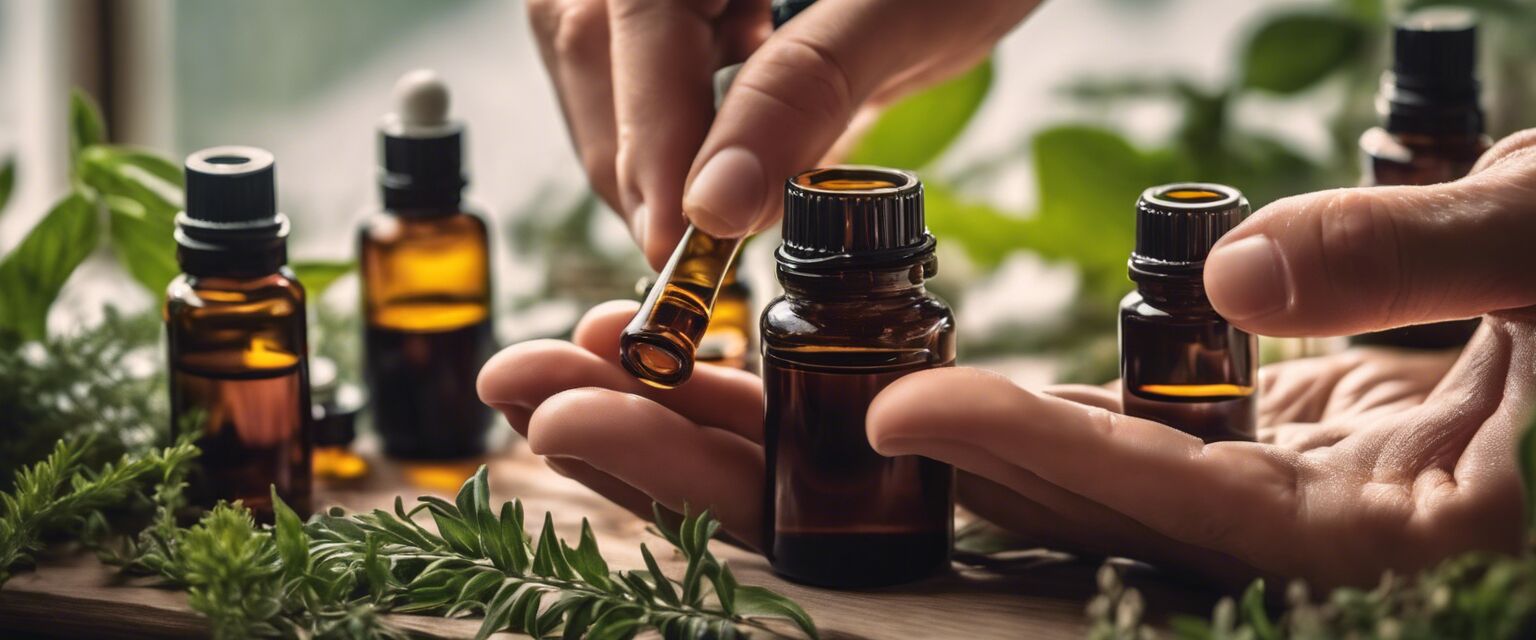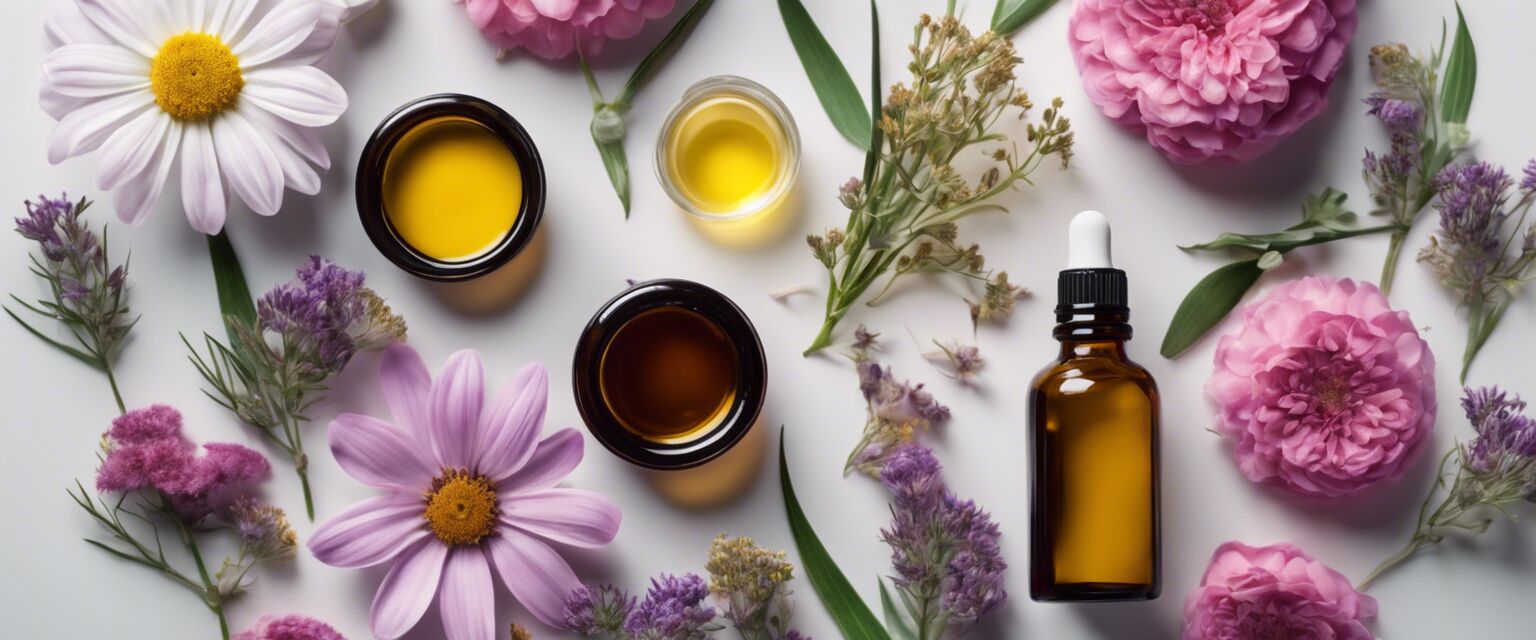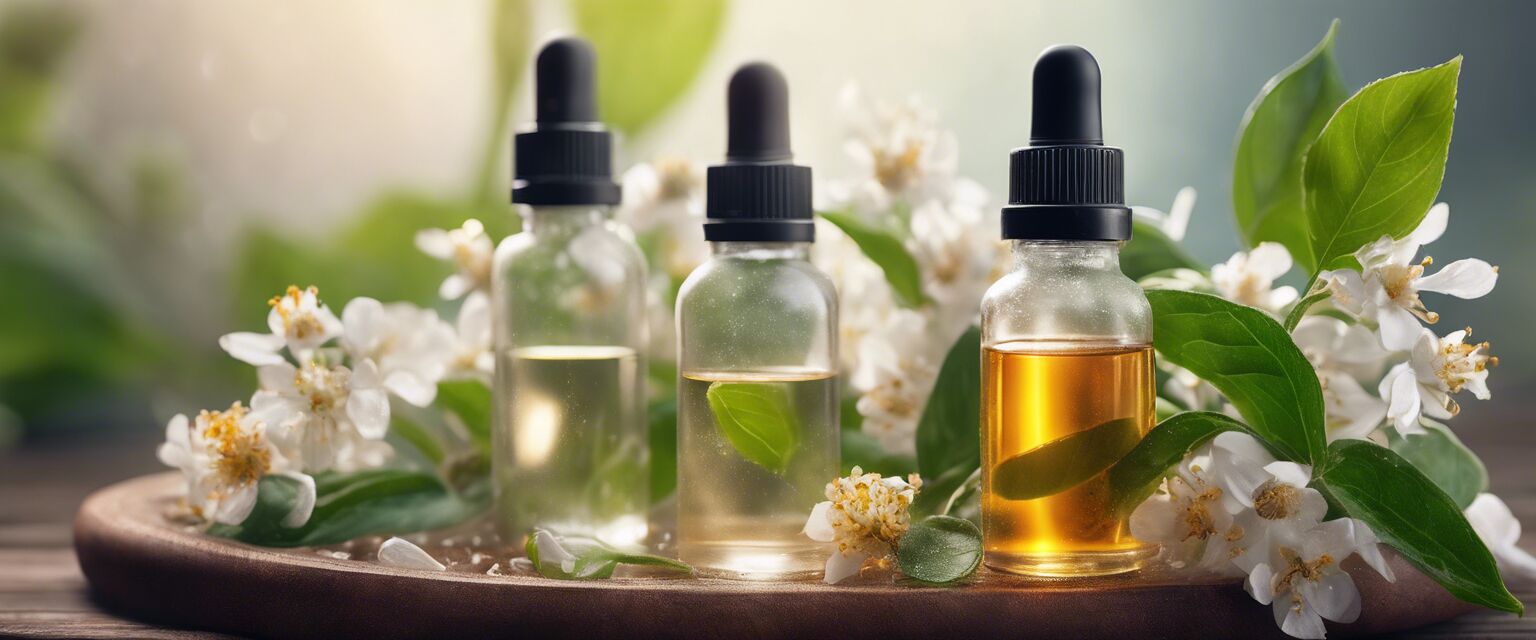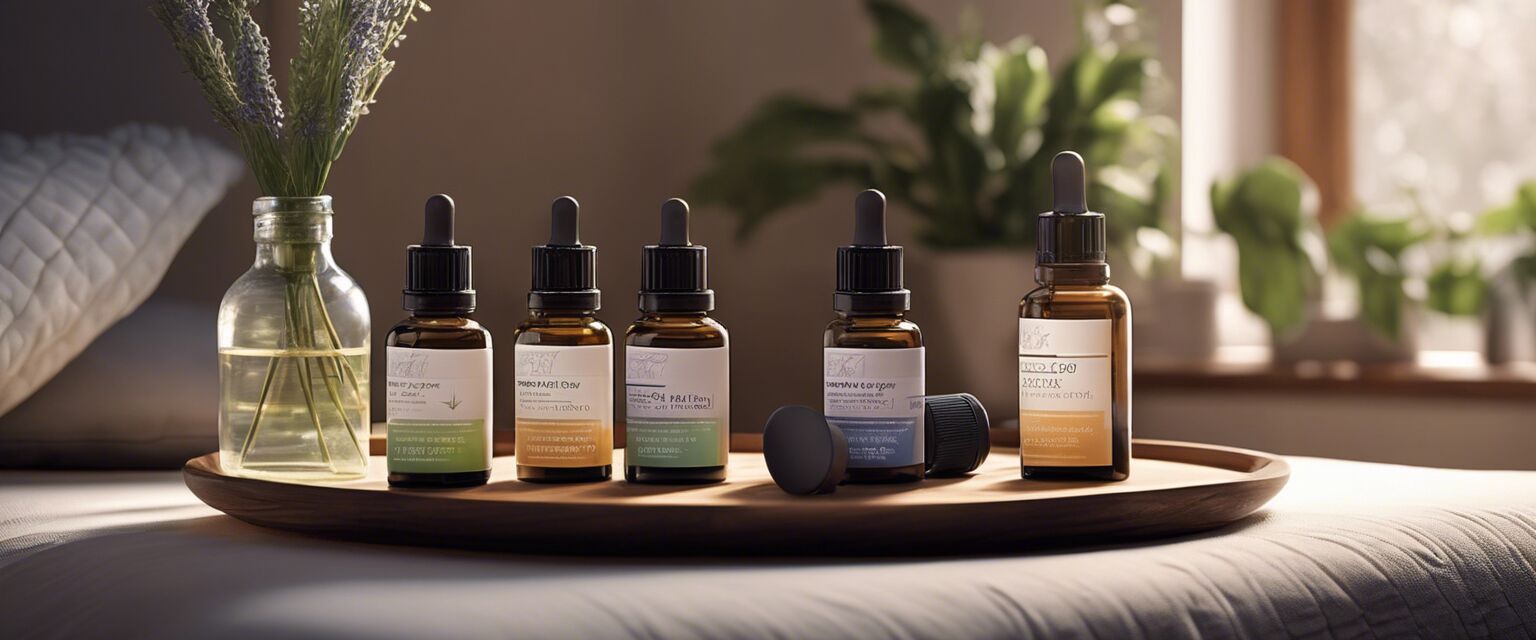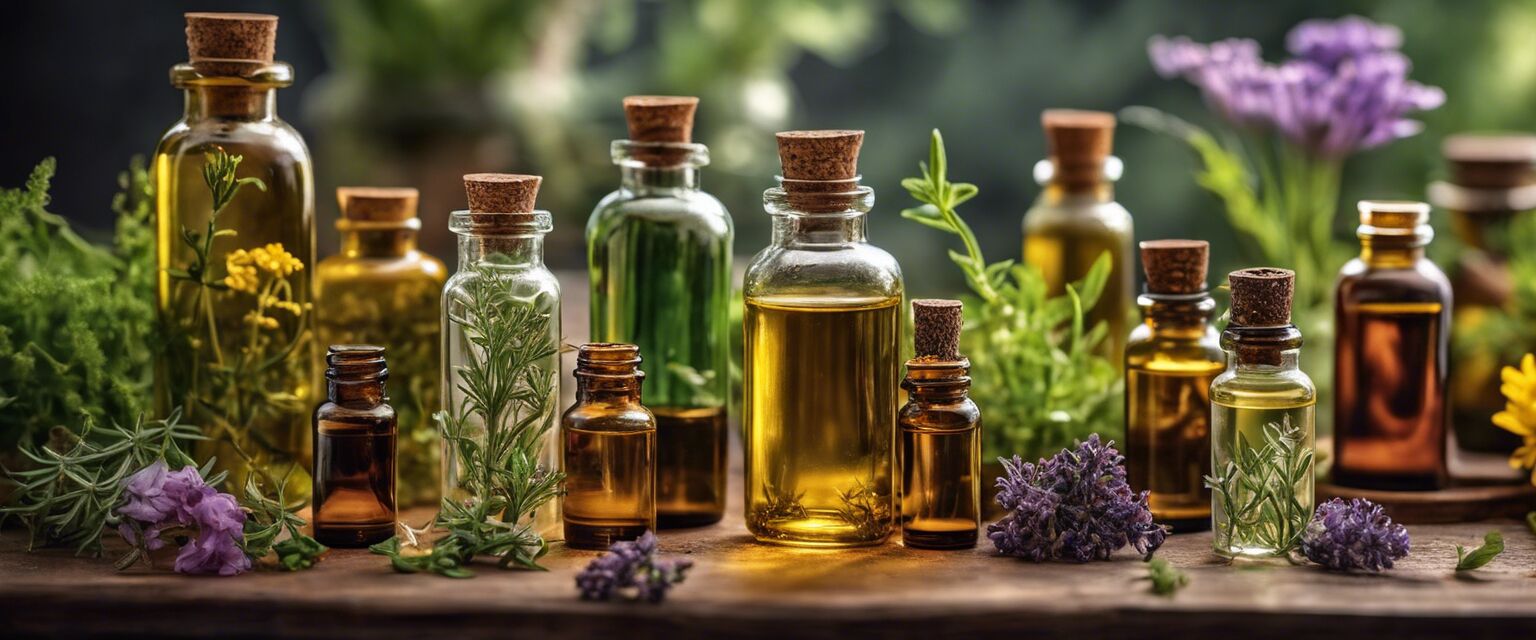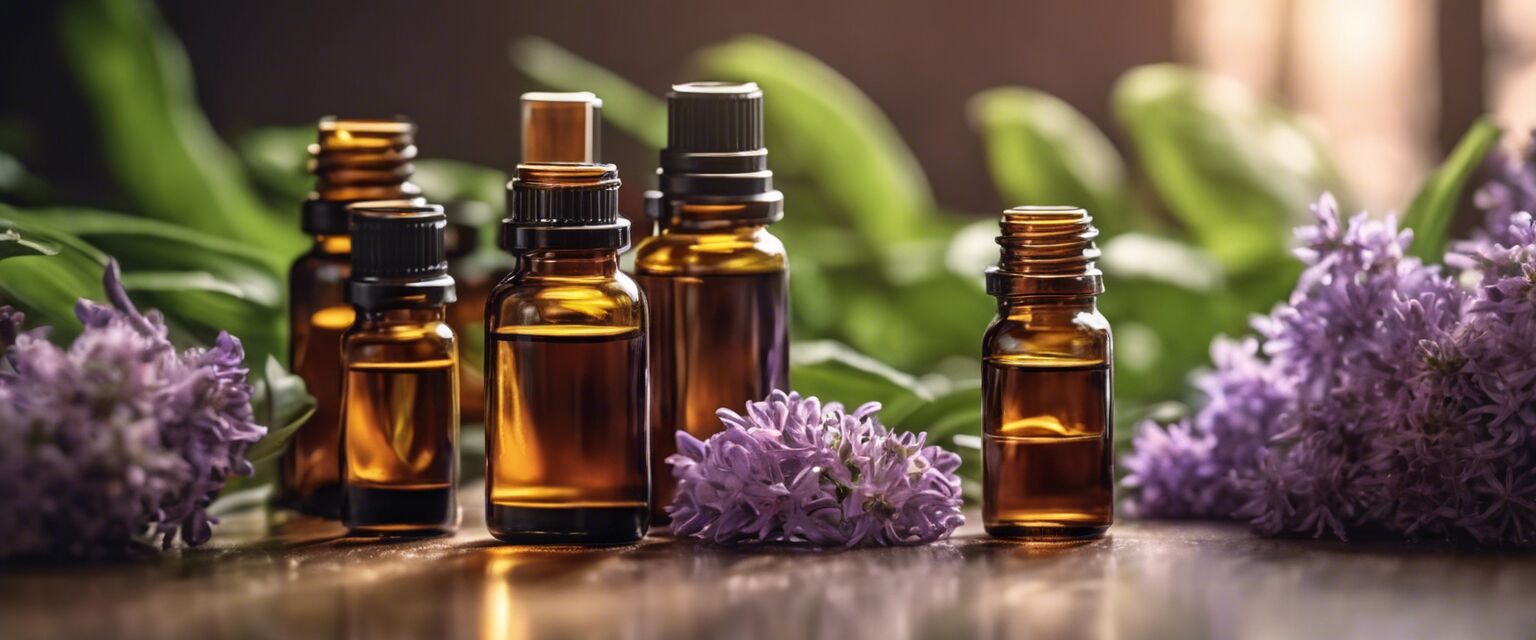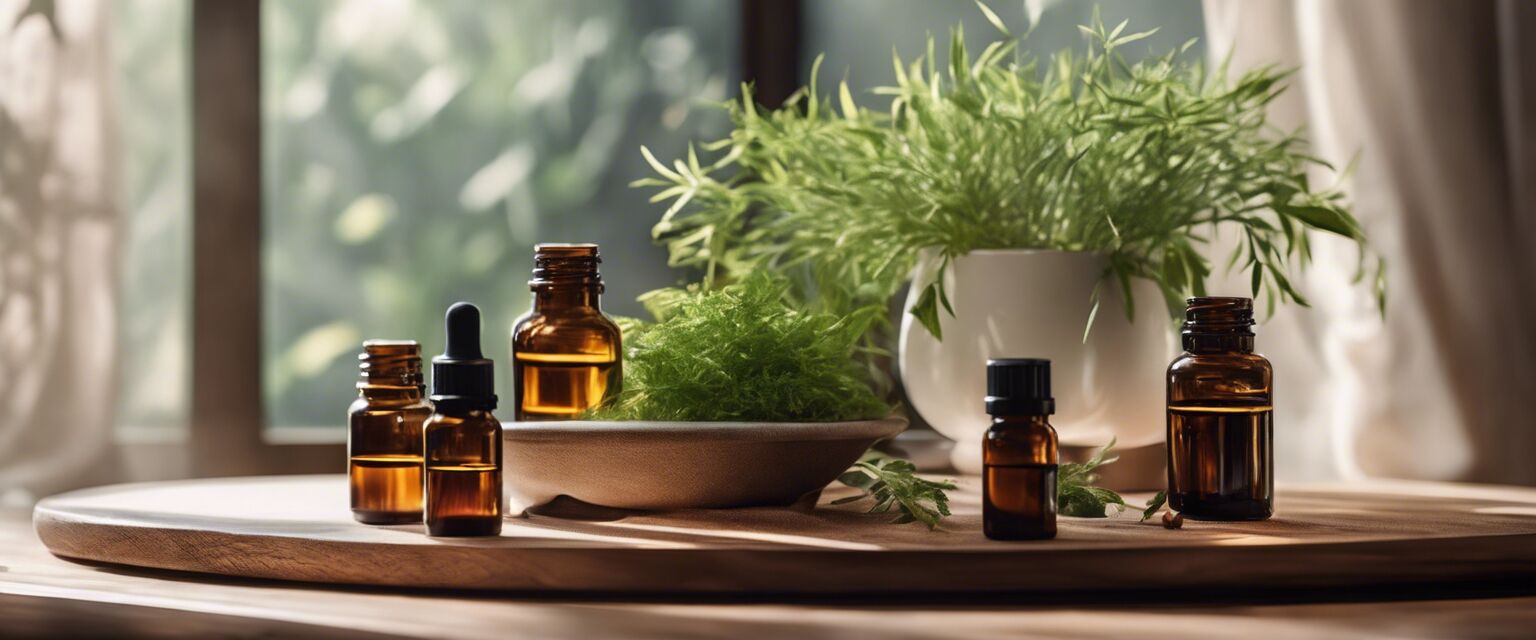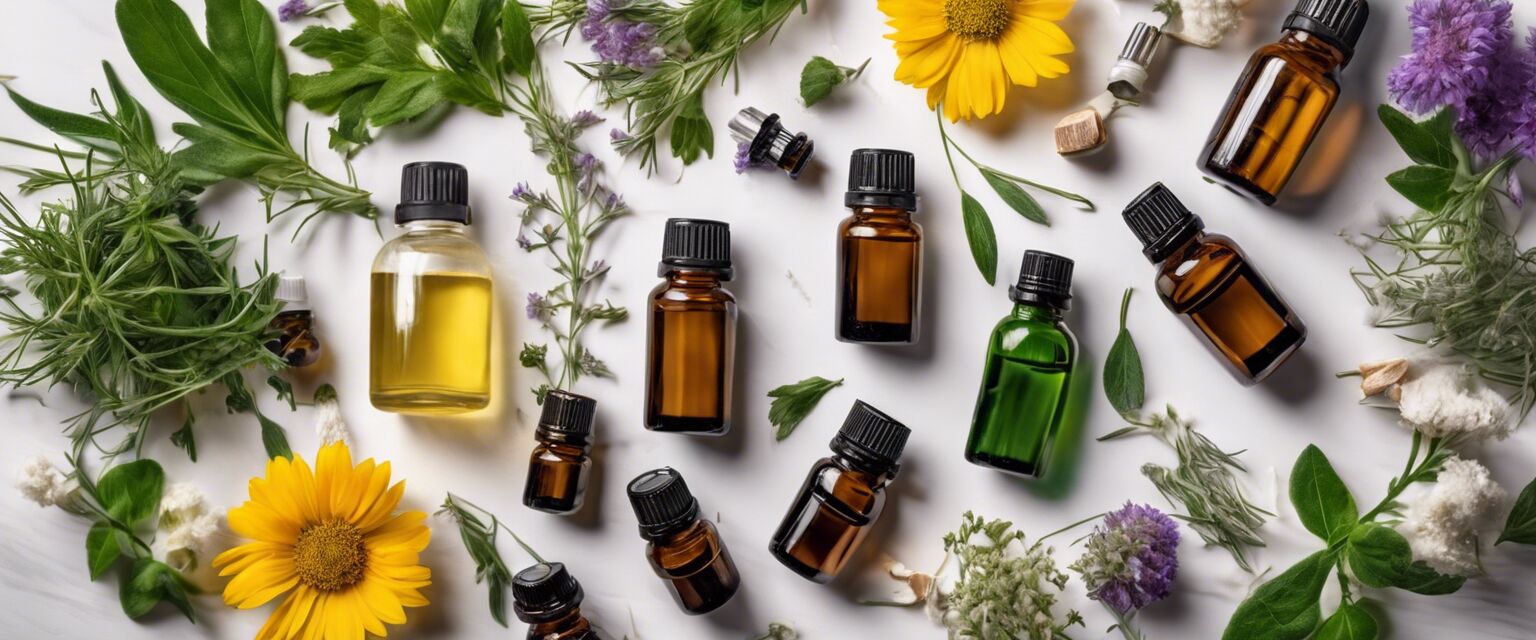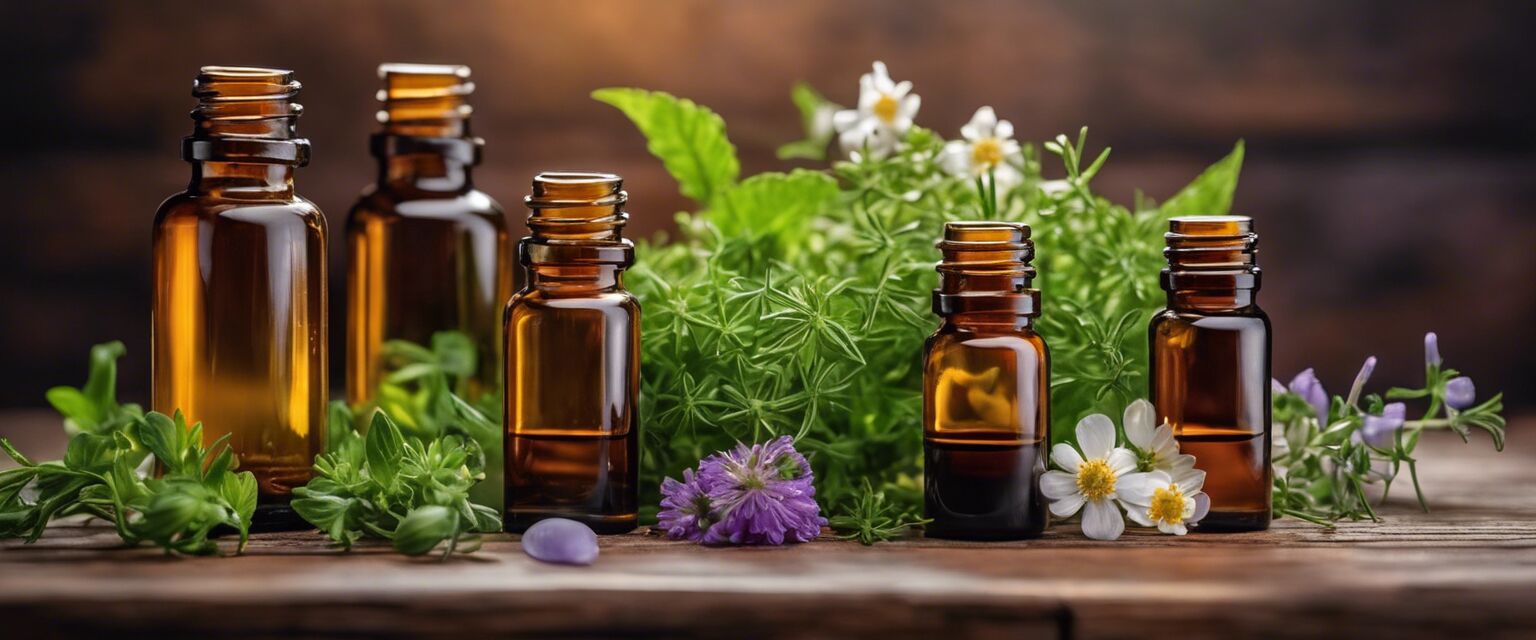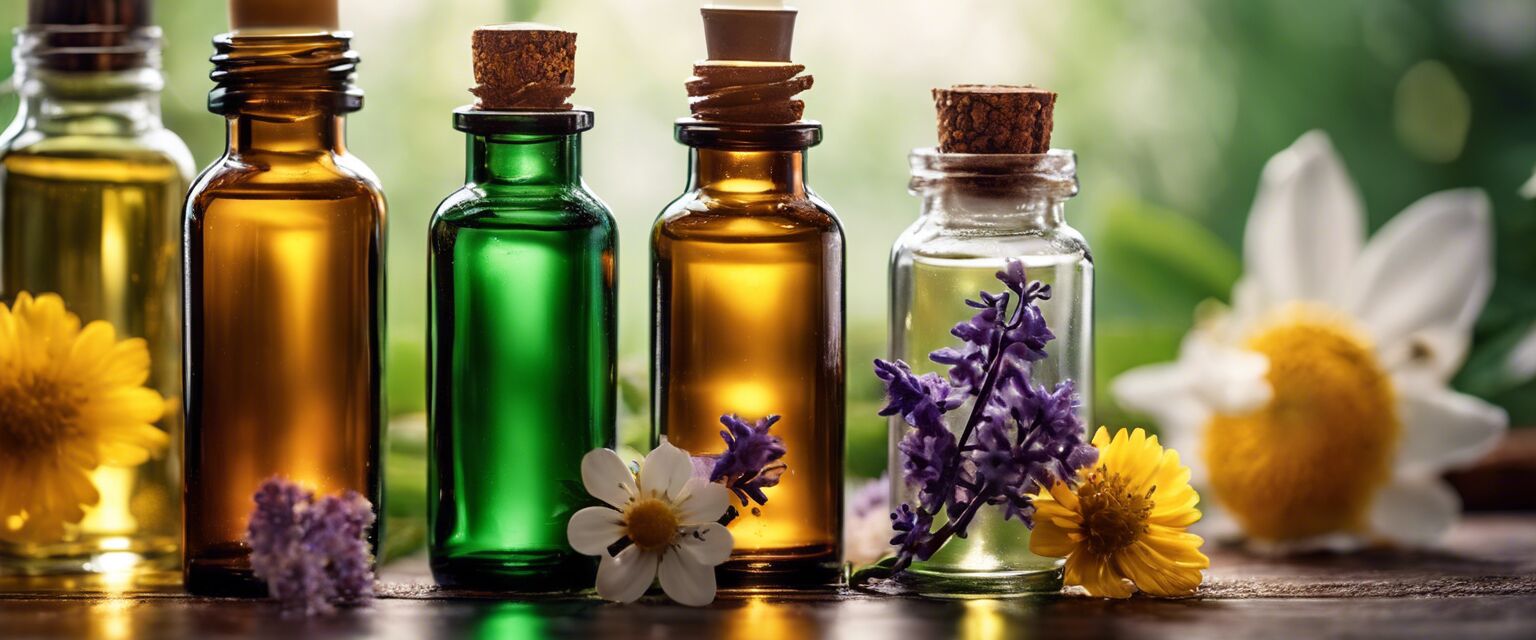
Essential Oils for Skincare
Key Takeaways
- Essential oils can enhance your skincare routine.
- Choose oils based on skin type for best results.
- Always dilute essential oils before application.
- Patch testing is essential to avoid allergic reactions.
- Incorporate essential oils into various skincare products.
Essential oils have gained popularity in recent years for their potential benefits in skincare. These concentrated plant extracts are used in various beauty treatments, offering unique properties that can enhance your skin's appearance and health. In this guide, we will explore how to effectively incorporate essential oils into your skincare routine, the best oils for different skin types, and safety tips for use.
What are essential oils?
Essential oils are natural extracts derived from plants, capturing their fragrance and beneficial properties through a distillation process. The oils can vary in their aromatic profile and potential uses, making them versatile ingredients in beauty and wellness products.
Benefits of essential oils for skincare
Using essential oils in your skincare routine can provide numerous benefits:
- Enhancing hydration
- Improving skin texture
- Soothing irritation
- Balancing oily skin
- Promoting a radiant complexion
Choosing the right essential oils for your skin type
It's essential to select the right oils based on your skin type. Hereâs a breakdown of popular essential oils and their suitability:
| Skin Type | Recommended Essential Oils | Benefits |
|---|---|---|
| Dry Skin | Lavender, Frankincense, Rose | Hydration and soothing |
| Oily Skin | Tea Tree, Lemon, Grapefruit | Balancing oil production |
| Sensitive Skin | Chamomile, Geranium, Lavender | Calming irritation |
| Combination Skin | Ylang-Ylang, Patchouli, Neroli | Balancing dry and oily areas |
| Aging Skin | Rose, Frankincense, Sandalwood | Reducing the appearance of fine lines |
How to safely use essential oils in your skincare routine
Before adding essential oils to your skincare regime, follow these guidelines:
- Dilute: Always dilute essential oils with a carrier oil (e.g., jojoba, coconut, or almond oil) to avoid skin irritation.
- Patch Test: Conduct a patch test by applying a small amount of diluted oil on your inner arm and waiting 24 hours for any adverse reaction.
- Storage: Store essential oils in a cool, dark place to maintain their potency.
- Research: Understand the specific properties and potential side effects of each oil before use.
Incorporating essential oils into your skincare products
Essential oils can be added to various skincare products to enhance their effectiveness. Here are some ideas:
Beginner tips for using essential oils
- Start with one or two drops of essential oil in your existing skincare products.
- Consider creating a DIY facial serum with your chosen essential oils.
- Use essential oils in bath products for a soothing experience.
Popular essential oil recipes for skincare
Here are a few simple recipes to get you started:
Moisturizing facial serum
- Combine 2 tablespoons of jojoba oil with 3 drops of lavender oil.
- Mix well and apply a few drops to your face after cleansing.
Refreshing facial mist
- Mix 1 cup of distilled water with 5 drops of peppermint oil.
- Transfer to a spray bottle and mist your face as needed.
Soothing body lotion
- In a bowl, blend 1 cup of unscented body lotion with 10 drops of chamomile oil.
- Store in a clean jar and use as needed.
Conclusion
Essential oils offer a myriad of benefits for skincare, from hydration to soothing sensitive skin. By understanding your skin type and the properties of various oils, you can enhance your beauty routine safely and effectively. Remember to always dilute essential oils and perform patch tests to enjoy their benefits without adverse effects.
Pros
- Natural ingredients
- Customizable skincare solutions
- Wide variety of options for different skin types
- Potentially enhances overall skin health
Cons
- Possible irritation if not diluted properly
- Can be expensive
- Not all oils are suitable for every skin type
- Requires knowledge of safe usage practices
Further reading
Explore more about essential oils and their uses in skincare:
